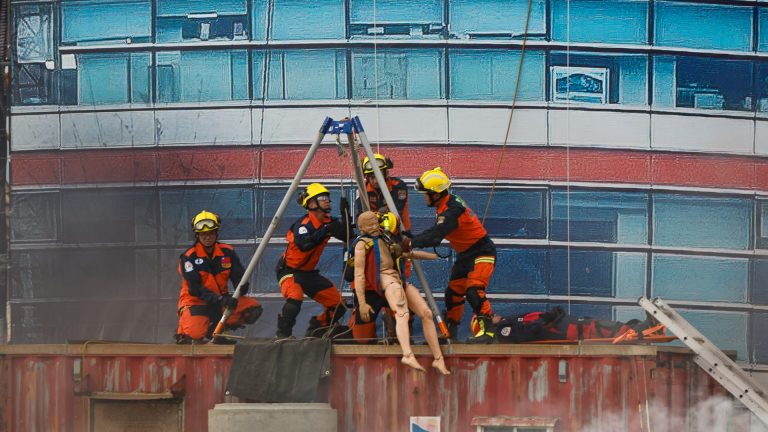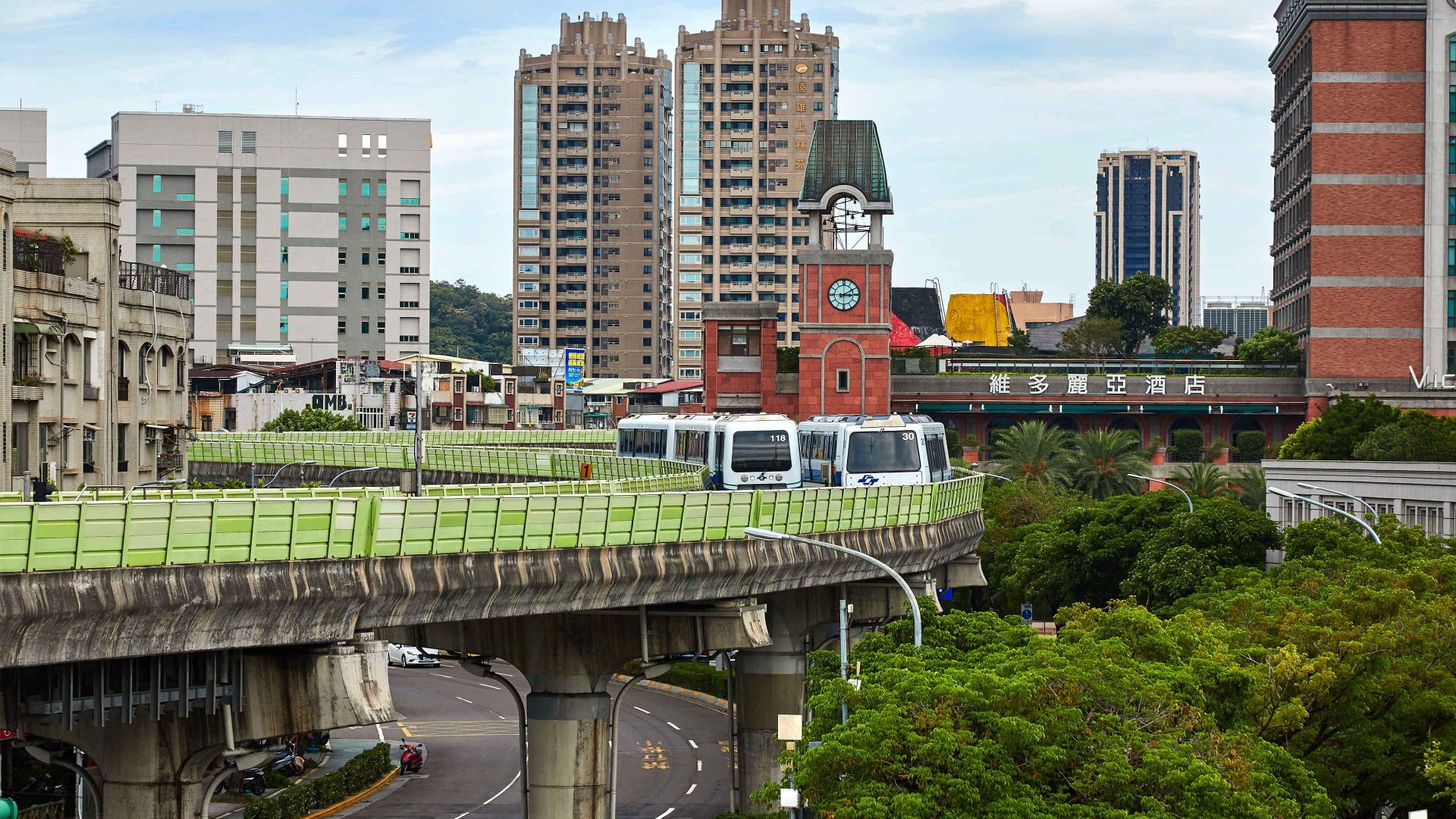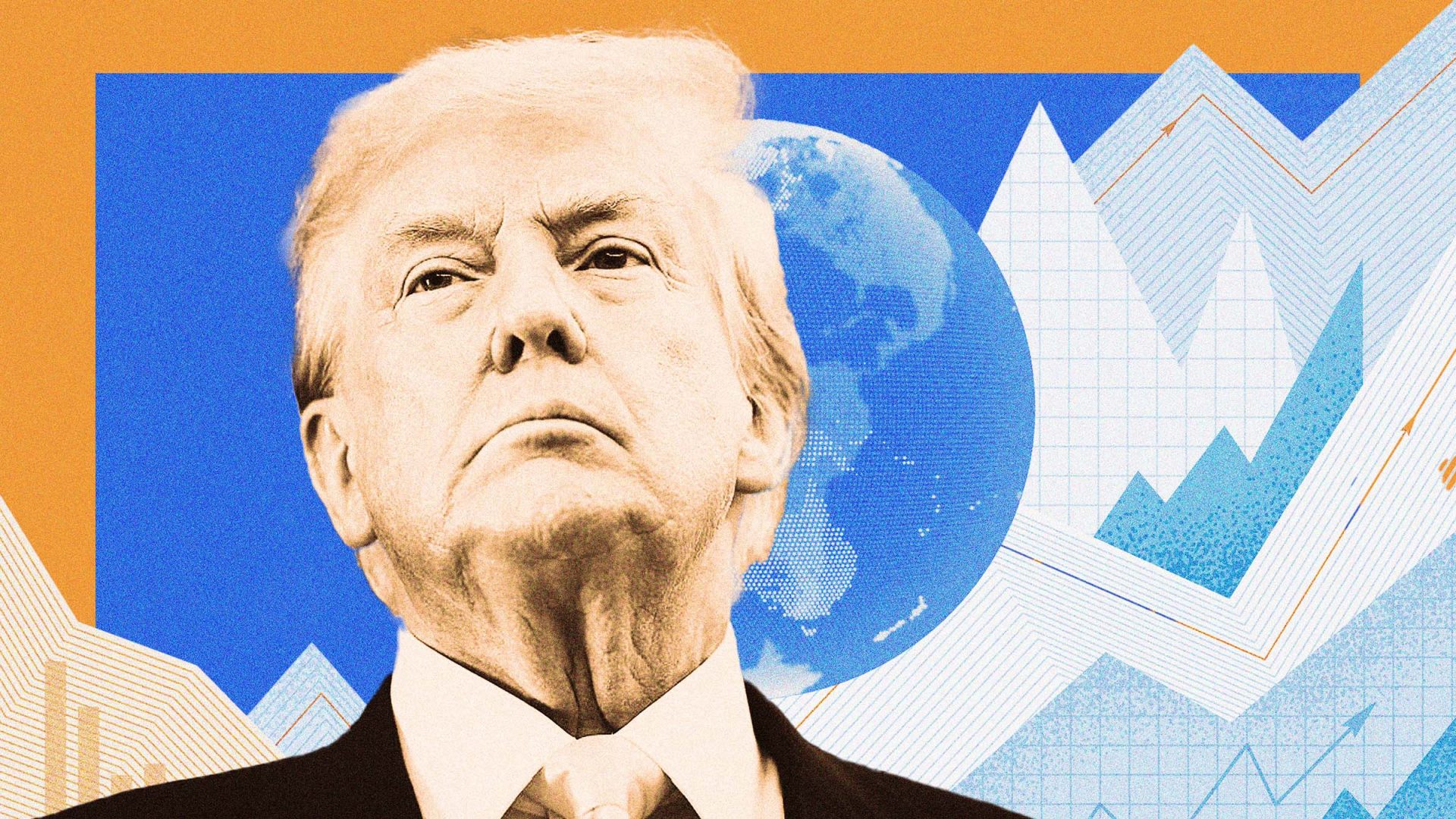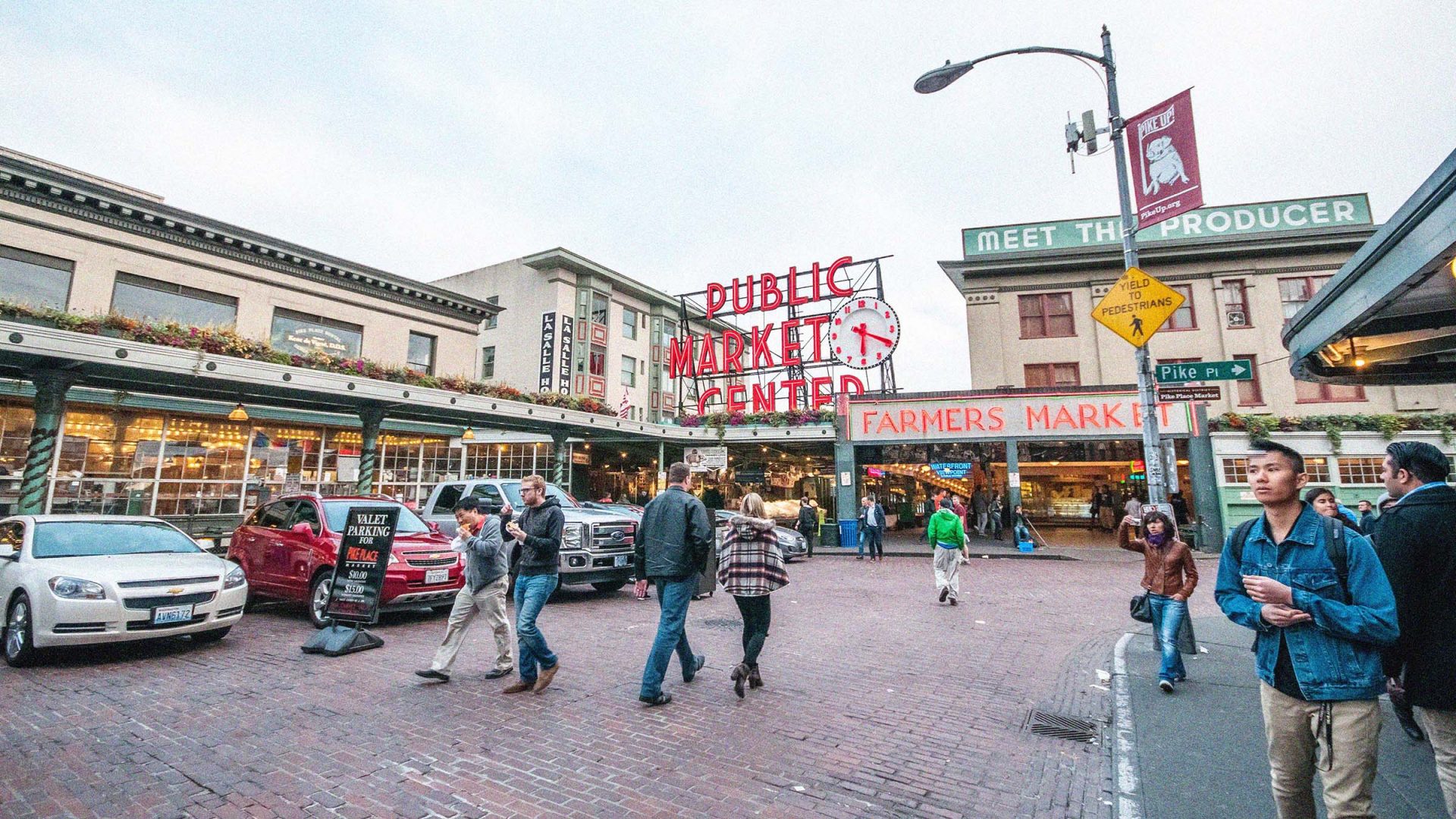Stroll into any Taiwanese 7/11 or FamilyMart and it’s often dizzying, the array of services available at your fingertips. There’s all the usual stuff you’d expect, like snacks, coffee, cigarettes, toiletries. But here in Taiwan, we go one step further. Several steps further, in fact. You can also send parcels, buy tickets for a show, or for the bus, pay your taxes, settle your water and electricity bills, use the ATM – some convenience stores around here will even sell you a “fill-in-the-blanks” rental contract for your new apartment.
Here in Taiwan, we have a very strong culture of convenience. City dwellers are very used to having all of these services so readily to hand, and the density of convenience stores in urban areas means that they are never far away. Sometimes you get several of them on the same block.
Out in the countryside things are a bit different. You don’t get so many convenience stores, but the ones you do find often have seating areas, which makes them feel almost like community centres. This is increasingly true of their urban counterparts too, where it’s becoming more usual to find seating areas and sometimes even public bathrooms.
We live in a very convenient society, which makes us a bit confused by all the furore on the other side of the Pacific Ocean about the idea of the “15-minute city” which American conservatives seem to regard as some kind of monstrous threat to their freedom. Why should making life a bit easier be such a source of ideological alarm?
Our convenience culture isn’t limited to shops. It extends across the entire nation. You can already travel the length of the country from north to south by high-speed rail along Taiwan’s western coast. It takes less than two hours. A recent proposal suggested a new approach to high-speed travel, in which all four quarters of the island should be traversable in 90-minute blocks. Though there are considerations about the environmental impact on protected rural communities, indigenous villages and farmland, it’s not a bad idea. Fifteen-minute city, meet the 360-minute island.
Suggested Reading

How Taiwan has learned to live with threat
Convenience is all well and good, you might say, but so what? Well, it turns out that companies love good infrastructure. The Taiwanese semiconductor giant TSMC, for example, which produces more than 90% of the entire global supply of advanced computer chips, has often said that the secret to its dominance is that it can move its engineers from one site on the island to the other in order to make repairs.
All this island-wide convenience is great, but it takes a lot of work – Taiwan routinely has among the world’s longest working hours. Working long hours for little pay in convenience stores, or in the hospitality industry, or on factory lines isn’t great. Those workers are often migrants from south-east Asia.
Part of Taiwan’s current character is down to the legacy of the “White Terror”, the period of authoritarian rule that lasted up to 1987. But since then, the country has progressed by loosening the rules, not tightening them. That’s why convenience stores are now places where you can pay taxes or utility bills.
On the other hand, it’s the state that subsidises the train and metro systems that would otherwise be unprofitable. And the state has a clear interest in maintaining TSMC’s dominance, to keep the world invested in Taiwan’s defence. For all the framing during the cold war that Taiwan was capitalist and China was not, the two have often been more similar when it comes to state intervention in the free market.
This isn’t set to change anytime soon. The major political parties in Taiwan are both in favour of preserving the powers of the state and the welfare state it provides.
Though there have been arguments between the two biggest parties over the budget in the past year, the issue is fundamentally one of political control, rather than whether the welfare state ought to exist. And so Taiwan’s convenience culture isn’t set to fade anytime soon. But how could it? It has become a way of life.
Brian Hioe is a writer and DJ from Taipei



